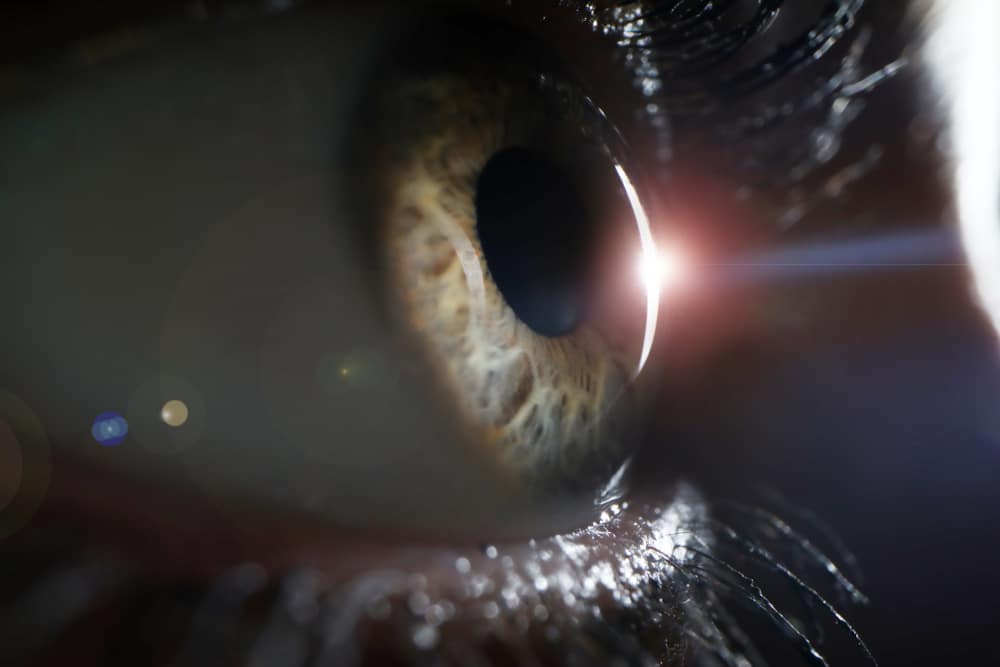Newsletter Signup - Under Article / In Page
"*" indicates required fields
Replay Bio has announced the launch of Eudora, an HSV (herpes simplex virus) gene therapy company targeting genetic retinal diseases.
It is the first of Replay’s product companies to leverage its high payload capacity HSV delivery vector, synHSV.
Eudora’s co-founders Joe Glorioso, Mark Blumenkranz, David Schaffer, and Vinit Mahajan, are entrepreneurs who have worked in the fields of HSV and retinal disease gene therapy.
Replay’s corporate structure separates technology development from therapeutic product development within disease area-specific product companies. Eudora is the first of Replay’s four synHSV gene therapy product companies, with the other three applying big DNA gene therapy to monogenic diseases of the brain, skin, and muscle.
Eudora’s pipeline includes retinitis pigmentosa, Stargardt disease, and Usher syndrome type 1B. Replay’s synHSV technology is a high payload capacity gene-deleted HSV-1 vector capable of delivering up to eight times the payload of adeno-associated virus (AAV) vectors. This facilitates the delivery of genes too big to fit into AAV and enables polygenic gene therapy.
HSV vector with 30x payload
Replay Bio is also developing an HSV vector that can deliver up to 30 times the AAV payload.
Adrian Woolfson, executive chairman, president and co-founder of Replay Bio, said: “Replay’s differentiated corporate structure allows its platform technologies to be applied to indications in areas of high unmet medical need across a portfolio of focused product companies.
“Eudora, the first of these, is led by some of the world’s most authoritative experts in HSV and retinal gene therapy who are also seasoned entrepreneurs, and three of which have co-founded publicly listed companies. Eudora provides Replay with the first opportunity to showcase the differentiated payload capacity of its synHSV technology, which we believe has transformative potential within the field of eye gene therapy and beyond.”
Lachlan MacKinnon, CEO and co-founder of Replay Bio, said: “We are thrilled to be working with such a distinguished group of scientists, entrepreneurs, and physicians. Eudora is the first of a series of Replay product companies, each of which showcases unique aspects of our suite of proprietary genomic medicine platform technologies. We believe that our distinctive paradigm of separating platform development from product development represents the most optimal structure for efficiently leveraging the potential of our genomic medicine technology platforms and for bringing forward a new generation of genomic medicines to patients with high unmet medical needs.”
Next-generation delivery platform
Glorioso said the incorporation of Eudora presents a unique opportunity to leverage Replay’s next-generation HSV-1 delivery platform, developed by the team at the University of Pittsburgh over several decades and licensed to Replay.
“I believe that our next-generation HSV delivery platform has several distinct advantages, and the potential to be disruptive to existing viral delivery platforms. It will enable the delivery of large genes, as well as genomic genes that cannot readily be accommodated by AAV vectors. I am delighted to be able to further advance this technology with this distinguished team, who have a compelling track record of developing eye gene therapies and progressing them into the clinic,” Glorioso said.
Blumenkranz added: “This is an exciting moment for retinal gene therapy, and I look forward to working with this experienced group of entrepreneurs and drug developers to advance our promising new HSV-based gene therapies into the clinic. Replay’s broad biomedical expertise and resources provide a solid foundation for Eudora’s future success.”
Schaffer said the opportunity to increase the genetic payload that can be selectively delivered to target tissues using this next-generation HSV-1 delivery platform is “intriguing.”
Mahajan added that with its current ability to deliver up to eight times the payload of AAV, the University of Pittsburgh synHSV technology licensed to Replay offers the possibility of addressing genetic eye diseases caused by large genes and genomic genes.
“This will result in an increased variety of gene therapy options for patients with genetic eye diseases,” Mahajan said.
Are you interested in eye disease R&D?







